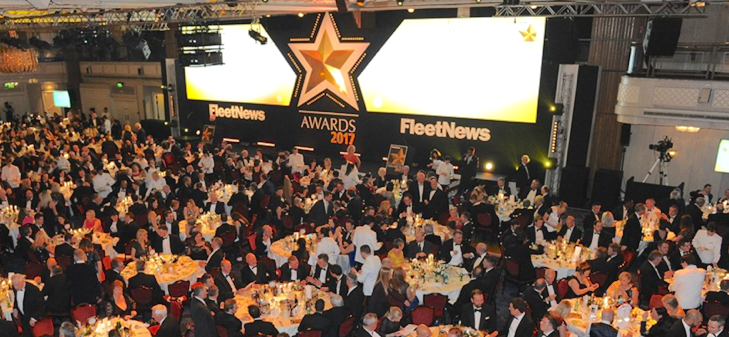While digital tech grabs the headlines, what with AI and VR and AR et al, one of the strongest growing revenue sources for media brands is low tech, face to face, in person events.
Over the last year I have had in depth conversations with several B2B leaders convinced that live events are a strategic part of their future, as part of a joint research project with Helen Coetzee of MPG. This article explores why events work so well and how they can add value to your media business.
Why live events can enhance a media brand’s strategy
Events enhance a media brand’s reputation in an industry and can be used to build important partnerships with industry bodies, governments and sponsors. Live events are excellent for building a community within a sector, augmenting data and generating valuable, exclusive content. Many media businesses use them to enter a new market, to expand geographically and establish partnerships.
What are the main challenges of live events
Events are continually exposed to competing launches by new entrants, so organisers have to keep innovating and ensuring that delegates and sponsors see good RoI. It takes a significant investment of time to establish the partnerships and broad industry support for a new event. There’s an inevitable tension between meeting sponsors marketing objectives and delivering learning and peer networking for delegates. And delegates are increasingly time poor and prone to booking late.
Building a portfolio of event businesses
A flagship event, such as Centaur’s Festival of Marketing, can be supported by multiple publications and can build the scale to justify investment in speakers and marketing, creating a strong position in the industry. A series of more targeted conferences can cater to niche groups. And awards events meet a distinct need. Picking a neutral brand, for example the British Farming Awards, organised by Agribriefing, who also publish Farmers Guardian, can make it easier for the industry to unite. Building a portfolio can involve both acquisitions and launches; the prevailing view is that exhibitions take longer to establish so acquisition is often best, while conferences and awards can be launched with the support of a strong media brand. Whatever the approach, investing in in-depth research, establishing an advisory group and soliciting early feedback from prospective sponsors all up the chances of success.
How events can add to a subscriber or member proposition
Event attendance is often bundled into subscription or membership packages and more media businesses are creating a series of members only events, from small scale networking evenings to intense CEO retreats. Members value the opportunity to build closer peer relationships and have access to exclusive content even from the events they didn’t attend. Some media owners have been experimenting with webinar style events for members only, especially when they have an international and dispersed audience.
How events can add value all year round
Events generate content and are a prompt for discussion and debate within the community. Live events are also a great showcase for exclusive research projects. A series of events throughout the year tackling different hot topics can keep the momentum of the community going.
How event marketing is changing
Media brands are placing far more emphasis on thorough, qualitative research with their audience to put together an event programme that will deliver RoI for both delegates and sponsors. They are investing more in creating bespoke content and using social media to build awareness and excitement about an upcoming event. There is a definite shift away from mass email, which is now less effective, towards micro targeting and more tailored propositions.
What skills and structure are needed to deliver events
Events require a subtly different set of skills, with the challenge of peaks of activity at key times of the schedule. Smaller media businesses often use contract event producers to research and launch new events, while ensuring they work closely with editors. Sponsorship teams are usually integrated with media sales, while exhibitions have dedicated sales people. Delegate telesales is predominantly in-house, to enable a bespoke approach. Most have event marketing specialists within the marketing team.
How events will evolve in future
Delegates expect more interaction and a less formal style at live events: more Q&As, debates and table discussions rather than back to back presentations in a large hall. Organisers have to keep innovating, effectively reinventing events every couple of years. There’s a trend towards a “festival” style with multiple stages over several days. And there is a slight polarisation between large scale summits and expos and super targeted very niche events, with fewer in the middle ground.
So whilst the strategic benefits of events are significant and the B2B media leaders I spoke to all see live as a key part of their growth, they do demand specialist skills, and constant attention to evolve and continue to be relevant and valuable to their somewhat demanding audiences.
Feel free to get in touch if you want to discuss your own events strategy or the findings of the research in more detail. You can download the full report here.
***
Find out more about how we can help
About the author:
Carolyn Morgan has over twenty years experience launching, growing, buying and selling specialist media businesses across print, digital and live events. Carolyn now advises publishers large and small on their digital strategy and writes and speaks on digital publishing strategy.

